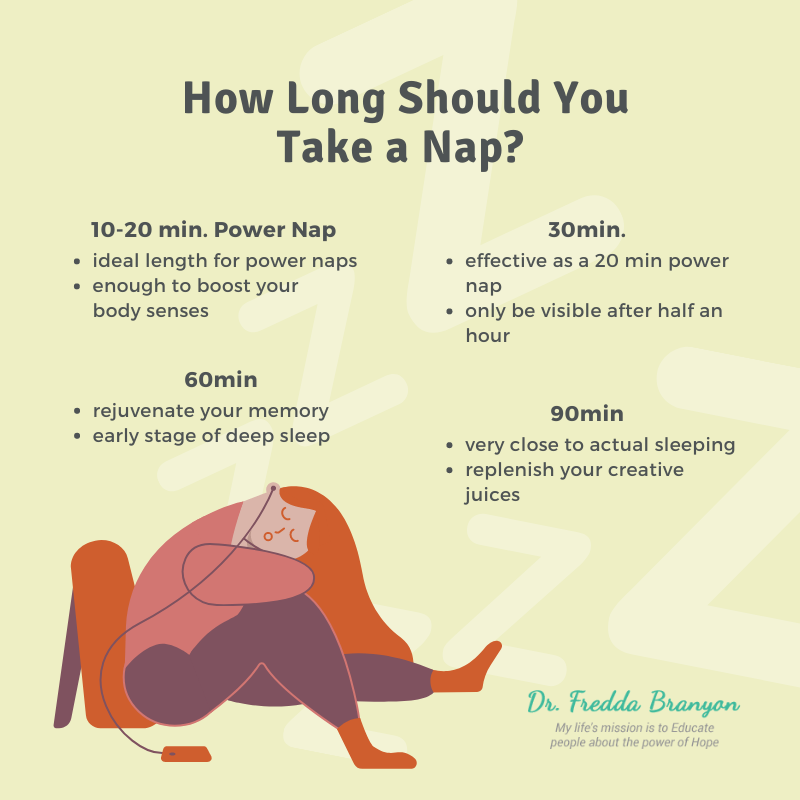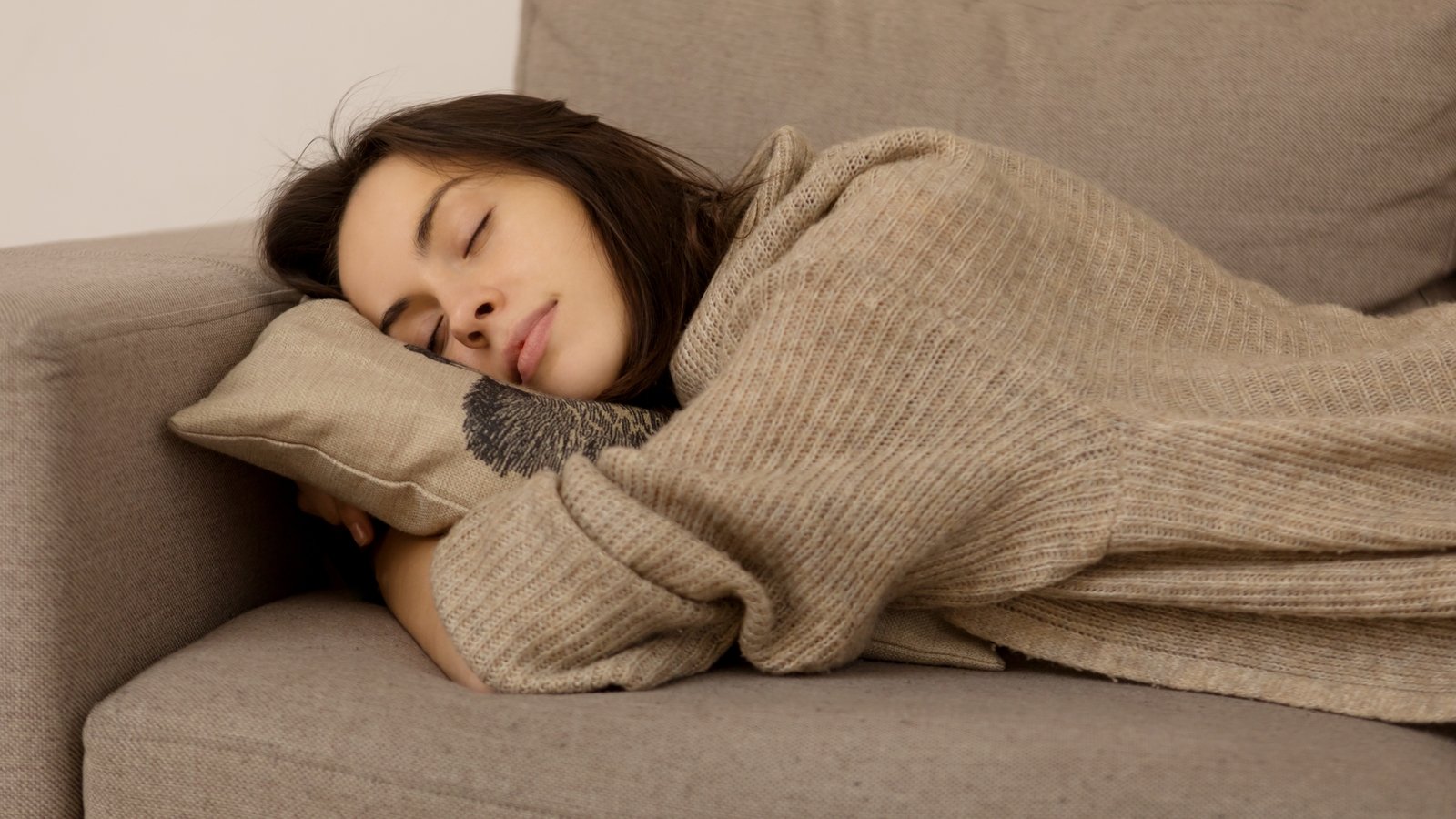Can You Take A Nap With Contacts In? Let's Dive Into The Details
So here's the deal, folks. Taking a nap is one of life's simple pleasures, but what happens when you're rocking your contacts and decide to catch some quick Z's? Can you take a nap with contacts in? This is the burning question that we're going to unpack today. Whether you're a seasoned contact lens wearer or just dipping your toes into the world of lenses, this topic deserves some serious attention. Let's get real—your eye health is not something to mess around with, and we're here to give you the lowdown so you can make smart choices.
Now, before we dive headfirst into the nitty-gritty, let's set the stage. Contact lenses are a game-changer for many people. They offer convenience, clarity, and a sense of freedom that glasses just can't match. But with that convenience comes responsibility. Sleeping—or even napping—with contacts in can pose risks if you're not careful. So, let's break it down and figure out how to keep your peepers in tip-top shape while still enjoying those much-needed power naps.
One thing's for sure: this isn't just about convenience. It's about understanding the science behind how your eyes function, the materials used in modern lenses, and the potential consequences of ignoring proper lens care. By the end of this article, you'll be armed with the knowledge to make informed decisions that prioritize your eye health. Ready to learn? Let's go!
- Thousandhunny Leaks The Untold Story Behind The Hype
- Ximena Saenz Naked The Truth Behind The Sensation
Table of Contents
Risks of Napping with Contacts In
Types of Contact Lenses and Their Sleep-Friendly Status
The Science Behind Sleeping with Contacts
- Maplestars The Ultimate Guide To Unlocking Their Charisma And Achieving Stardom
- Jailyne Ojeda Nude Unveiling The Truth Behind The Controversy
Tips for Safe Napping with Contacts
Alternatives to Napping with Contacts
FDA-Approved Sleep-Friendly Lenses
Symptoms of Contact Lens-Related Issues
Long-Term Effects of Improper Lens Care
Wrapping It Up: Can You Take a Nap with Contacts In?
Risks of Napping with Contacts In
Alright, let's talk risks. When you nap with your contacts in, you're potentially putting your eyes in harm's way. Here's why: your corneas need oxygen to stay healthy, and when you close your eyes, the amount of oxygen reaching them decreases. Add contacts into the mix, and you've got a situation where your eyes might not be getting enough oxygen to function properly. This lack of oxygen can lead to some pretty nasty issues, like corneal swelling, hypoxia, and even infections.
But wait, there's more. Napping with contacts in can also increase the risk of debris or bacteria getting trapped under the lenses. Yikes! This can lead to irritation, redness, and in severe cases, corneal ulcers. So, if you're someone who tends to doze off with your lenses in, it's time to rethink your strategy. Your eyes will thank you later.
Common Risks Explained
Let's break it down further with some bullet points:
- Reduced oxygen flow to the cornea
- Increased risk of bacterial infections
- Potential for debris buildup under lenses
- Corneal swelling or irritation
Types of Contact Lenses and Their Sleep-Friendly Status
Not all contact lenses are created equal, folks. Some are designed for extended wear, while others are strictly meant for daytime use. Understanding the difference is key to making the right choice for your napping habits. Traditional daily wear lenses are not intended for overnight use, so napping with them on is a big no-no. On the other hand, certain types of lenses, like silicone hydrogel lenses, are designed to allow more oxygen to reach the cornea, making them a better option for occasional naps.
However, even with these "sleep-friendly" lenses, it's important to follow the guidelines set by your eye care professional. They know your eyes best and can recommend the right lenses for your lifestyle. So, if you're someone who frequently naps with lenses in, consider switching to a more breathable option. Your eyes will appreciate the extra care.
Silicone Hydrogel Lenses: The Sleep-Friendly Option
These lenses are a game-changer for people who occasionally nap with their contacts in. They allow up to five times more oxygen to reach the cornea compared to traditional lenses. That said, they're not a free pass to sleep in your lenses all the time. Regular cleaning and proper care are still essential to maintaining eye health.
The Science Behind Sleeping with Contacts
Let's get scientific for a moment. When you sleep, your eyes naturally produce fewer tears, which can lead to dryness and discomfort. Combine this with the presence of contact lenses, and you've got a recipe for potential problems. The cornea, which is the clear outer layer of your eye, relies on a steady supply of oxygen to stay healthy. When you nap with contacts in, you're essentially creating a barrier that limits the amount of oxygen reaching your cornea.
Over time, this lack of oxygen can lead to hypoxia, which is a condition where the cornea doesn't get enough oxygen. Hypoxia can cause a range of issues, from mild discomfort to serious complications like corneal neovascularization, where new blood vessels grow into the cornea. This is not something you want to mess around with, so it's crucial to prioritize proper lens care and usage.
How Contacts Affect Oxygen Flow
Here's a quick breakdown:
- Traditional lenses reduce oxygen flow significantly
- Silicone hydrogel lenses allow more oxygen to pass through
- Proper lens care is essential to maintaining oxygen flow
Tips for Safe Napping with Contacts
So, what can you do to nap safely with your contacts in? First and foremost, consider investing in lenses that are designed for extended wear. These lenses are crafted to allow more oxygen to reach your cornea, reducing the risk of complications. Additionally, always follow the cleaning and care instructions provided by your eye care professional. Regularly replacing your lenses as recommended is also crucial to maintaining eye health.
Another tip? If you know you're prone to falling asleep with your lenses in, set a reminder to take them out before bed. It might seem like a small step, but it can make a big difference in protecting your eyes. And hey, if all else fails, consider switching to glasses for those days when you're feeling extra sleepy. Your eyes deserve a break every now and then.
Quick Tips for Safe Napping
- Choose lenses designed for extended wear
- Follow proper cleaning and care instructions
- Set reminders to remove lenses before bed
- Consider switching to glasses for occasional naps
Alternatives to Napping with Contacts
If you're looking for alternatives to napping with contacts in, there are plenty of options to consider. One of the simplest solutions is to switch to glasses for those times when you know you're likely to doze off. Glasses offer a break for your eyes and eliminate the risk of complications associated with sleeping in contacts. Plus, they can be a stylish addition to your look!
Another option is to invest in daily disposable lenses. These lenses are designed to be worn for a single day and then discarded, eliminating the need for cleaning and reducing the risk of contamination. They're a great choice for people who want the convenience of contacts without the hassle of maintenance.
Glasses vs. Contacts: Which is Better for Napping?
While contacts offer convenience, glasses are often the safer choice for napping. They eliminate the risk of complications and give your eyes a much-needed break. So, if you're someone who frequently naps with lenses in, it might be worth considering a switch to glasses for those times when you're feeling extra tired.
FDA-Approved Sleep-Friendly Lenses
For those who need a more permanent solution, there are FDA-approved lenses designed specifically for overnight wear. These lenses are crafted to allow maximum oxygen flow to the cornea, making them a safer option for people who occasionally nap with their lenses in. However, it's important to note that even with these lenses, proper care and maintenance are still essential to maintaining eye health.
If you're considering switching to overnight lenses, consult with your eye care professional first. They can help you determine if these lenses are the right choice for your lifestyle and eye health needs. Remember, your eyes are one of your most valuable assets, so it's worth taking the time to make the right decision.
Popular FDA-Approved Lenses
Here are a few options to consider:
- Air Optix Night & Day
- Acuvue Oasys with Hydraclear Plus
- Bausch + Lomb Ultra for Overnight Wear
Importance of Lens Hygiene
Regardless of the type of lenses you choose, proper hygiene is key to maintaining eye health. This means following the cleaning and care instructions provided by your eye care professional to the letter. Regularly replacing your lens case and solution is also crucial to preventing contamination and reducing the risk of infections.
And let's not forget the importance of washing your hands before handling your lenses. Bacteria from your hands can easily transfer to your lenses and cause issues. So, make hand hygiene a priority every time you touch your lenses. It's a simple step that can make a big difference in protecting your eyes.
Hygiene Tips for Contact Lens Wearers
- Always wash your hands before handling lenses
- Replace your lens case regularly
- Use fresh solution every time you clean your lenses
Symptoms of Contact Lens-Related Issues
Knowing the signs of contact lens-related issues is crucial for maintaining eye health. If you experience any of the following symptoms, it's important to remove your lenses immediately and consult with your eye care professional:
- Redness or irritation
- Pain or discomfort
- Blurred vision
- Excessive tearing or dryness
Don't ignore these symptoms—they could be warning signs of a more serious issue. Early intervention is key to preventing long-term damage to your eyes. So, if something feels off, don't hesitate to seek professional advice.
Long-Term Effects of Improper Lens Care
Improper lens care can have serious long-term effects on your eye health. Chronic lack of oxygen to the cornea can lead to conditions like corneal neovascularization, which can permanently affect your vision. Additionally, repeated infections or irritations can weaken the cornea over time, making it more susceptible to injury or disease.
So, what can you do to protect your eyes in the long run? Stick to the care routine recommended by your eye care professional, choose lenses that are appropriate for your lifestyle, and never hesitate to seek medical advice if something feels off. Your eyes are worth the extra effort, and taking care of them now will pay off in the future.
Wrapping It Up: Can You Take a Nap with Contacts In?
Alright, folks, let's wrap this up. Can you take a nap with contacts in? The answer is: it depends. While occasional napping with certain types of lenses may be okay, it's important to prioritize proper lens care and choose lenses that are designed for extended wear if this is something you do regularly. Your eyes need oxygen to stay healthy, and sleeping—or even napping—with lenses in can limit that oxygen flow, leading to potential complications.
Remember, your eye health is not something to gamble with. Follow the tips we've outlined, consult with your eye care professional, and make smart choices when it comes to your lenses. And hey, if all else fails, consider giving your eyes a break with glasses every now and then. Your peepers will thank you for it!
So, what are you waiting for? Take action today by reviewing your lens care routine, considering alternative options, and prioritizing your eye health. Share this article with your fellow contact lens wearers, leave a comment with your thoughts, and let's keep the conversation going. Your eyes deserve the best care possible, and we're here to help you achieve it!
- Sophie Rain Erome The Rising Star In The World Of Modeling And Entertainment
- Natalie Herbick And Gabe Spiegel Wedding A Love Story That Stole The Spotlight

Can You Take A Nap With Eye Contacts at Robert Lang blog

Can You Take A Nap With Eye Contacts at Robert Lang blog

Can You Take A Nap With Eye Contacts at Robert Lang blog